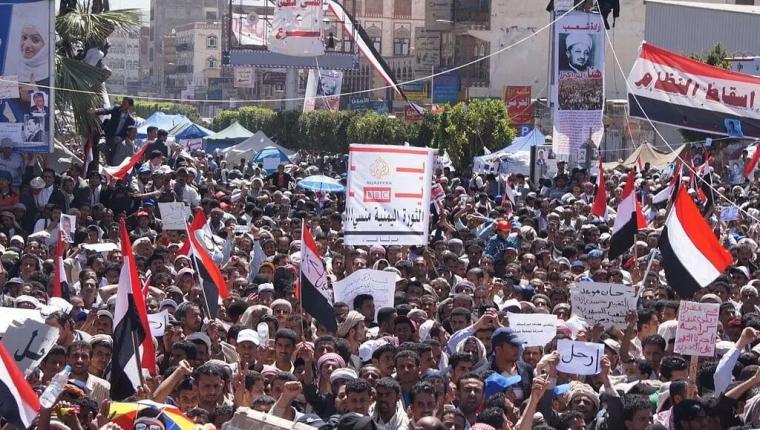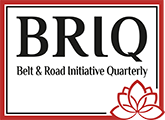
Yang, C. (2019/2020). China’s Potential Role in the Remaking of Regional Order in the Middle East: Motivations, Opportunities and Challenges. Belt & Road Initiative Quarterly, 1(1), 55-66.

This work is licensed under a
Creative Commons Attribution 4.0 International License.
Can the Belt and Road Initiative (BRI) provide a remedy to current problems in the Middle East? What are the driving forces, opportunities and challenges for China to play a constructive role in the Middle East? These are some of the questions that this article will attempt to answer. Domestic academia in China had extensively discussed the “westward strategy” before the Belt and Road Initiative was put forward. At that time, this strategy was conceived of as a hedge against the “Asia Pacific Rebalancing Strategy” of the United States. However, under the Belt and Road Initiative, China is also engaged in strengthening its interactions with Middle Eastern countries, which will be an important way to further strengthen China’s Western front as an extension of China’s opening up to the outside world, a further acceleration of Eurasian linkages, and an effort towards further strengthening globalization. The “Belt and Road Initiative” faced severe Western criticism. Yet in fact, this initiative is not modeled on the post-World War II Marshall Plan as a Chinese conspiracy. The initiative is not a geopolitical tool, but it is intended to serve as a practical cooperation platform. The Middle East is an important site on the strategic roadmap of the Belt and Road Initiative. Indeed, achieving regional stability is in line with China’s overseas strategic interests. Without getting on the train, however, China will not learn how to drive. It is through participation in the practical process of addressing these problems that China can accumulate greater experience in managing international conflicts and improve its ability to deal with complicated international disputes.
Keywords: Belt and Road, Turkey, Middle East, globalization, geopolitics
